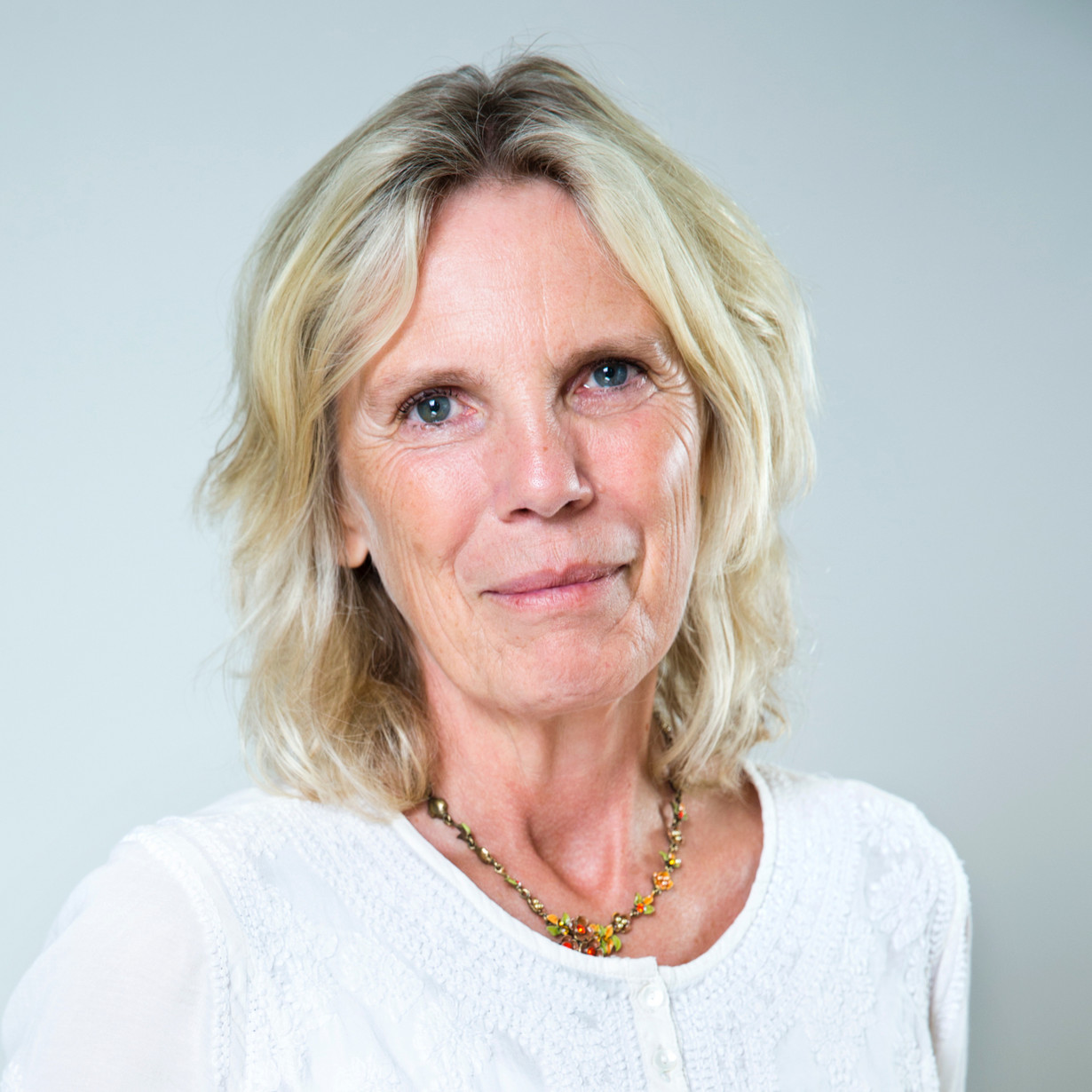Keynote Video

Ninni Wahlström is Professor of Education at Linnaeus University, Sweden. Her current research focuses on transnational and national policy discourses and their implications for national curriculum and classroom teaching from a perspective of critical curriculum theory. Her research interest involves comparative policy studies in terms of exploring transnational educational policy in a time of conflicting trends of globalization and nationalism. She is interested in educational philosophy and theory, specifically in pragmatism and in John Dewey's philosophy of communication and transactional realism. A recent publication is the article “Democracy and curriculum—the task still before us” in European Educational Research Journal (2019).
School and Democratic Hope: the school as a space for civic literacy
The purpose of this presentation is to explore the role of the school in upholding and strengthening democracy at a time when the meaning of democracy is being challenged and the democratic form of governance at a national level is being questioned. In accordance with the conference theme “Education and Society”, it is important to also explore the role of the school beyond those aspects that are measurable, assessable and comparable. From the starting point of the curriculum theory and education policy research fields, I argue that a central issue for educational researchers is to address the school as a space for a broad civic education.
The democratic perspective of compulsory school tends to be subordinated to a logic of economic globalisation in which individual countries’ competitiveness is given high priority. In this discourse, which Nancy Fraser terms “progressive neoliberalism”, the concepts of knowledge and competencies aimed at serving the needs of the labour market have been central to the discussion on the expectations regarding national school systems. But what knowledge and competencies are needed for the qualification of democratic citizens? Public schools are not only publicly financed but are also the places where a public—a citizenry—is made. A main argument I will put forward in this presentation is that the school, as part of society, is vulnerable in relation to political and educational policy aspirations. At the same time, daily life in school can be a place for maintaining democratic principles and a democratic way of living together. Both these perspectives are important to observe and include in educational research. In line with this argument, I suggest the concept of civic literacy as a guiding principle for both the content and practice of teaching. In the problematisation of the democratic role of the school, primarily four aspects will be highlighted: the problem of segregation, the problem of purpose, the problem of curriculum and the problem of teacher agency.
Upcoming ECERs
26.08.2024 | ECER'24, Nicosia |
08.09.2025 | ECER'25, Belgrade |
17.08.2026 | ECER'26, Tampere |
Important Dates ECER 2021
01.12.2020 | Submission starts |
31.01.2021 | Submission ends |
01.04.2021 | Registration starts |
01.04.2021 | Review results announced |
15.06.2021 | Early bird ends |
25.06.2021 | Presentation times announced |
01.07.2021 | Registration Deadline for Presenters |
02.09.2021 | ERC 2021, online |
06.09.2021 | ECER 2021, online |